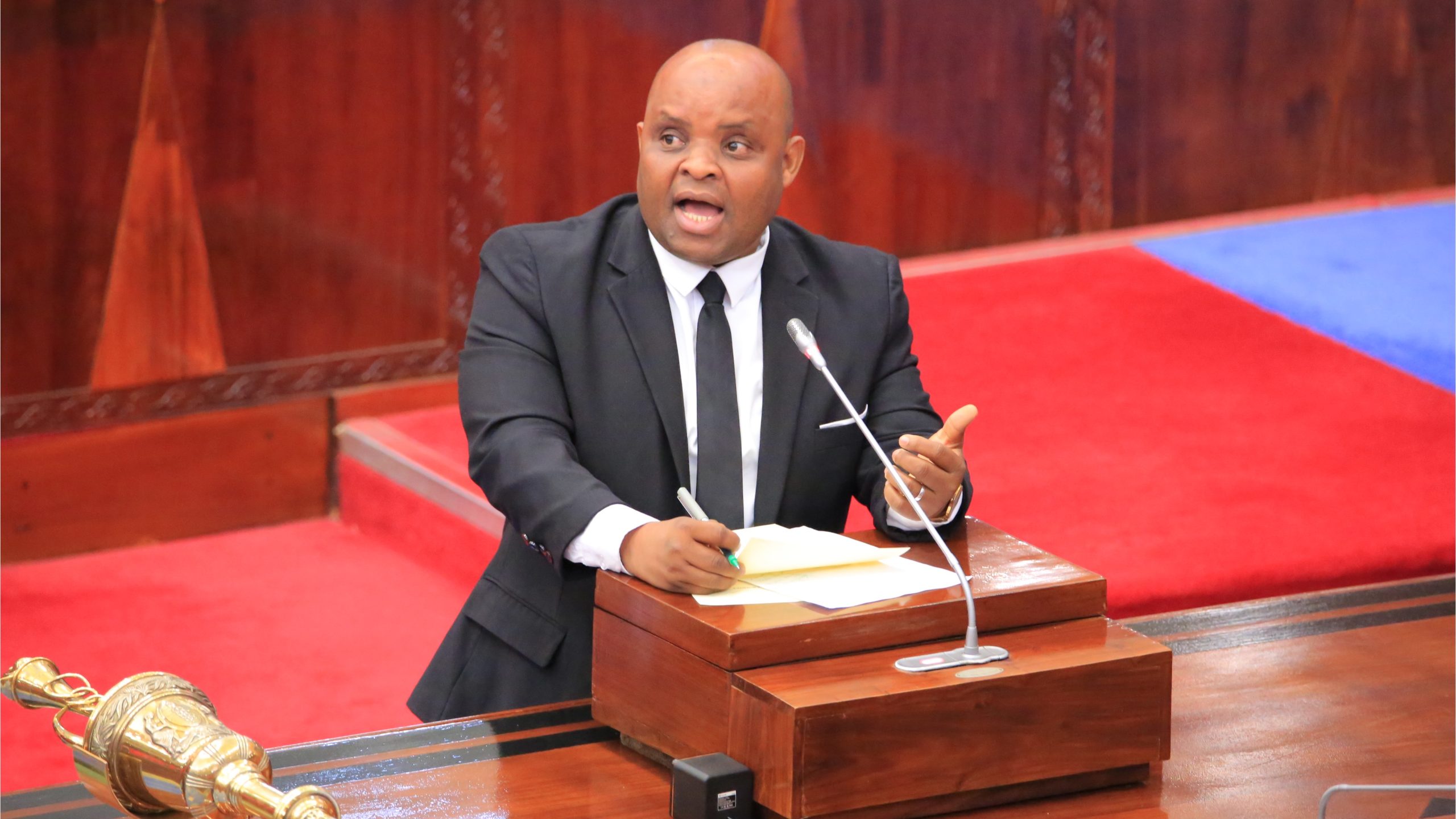Chief Executive, Green Energy & Biofuels (GEB), Femi Oye has urged the government to scale up its carbon markets to draw foreign investment and support. This comes in response to Tanzania’s efforts to attract foreign investment through the promotion of carbon credit projects. Tanzania recently signed a deal for one of its largest land-based carbon credit projects, covering six national parks across 1.8 million hectares (4.4 million acres). The country is set to receive over $20 billion in investment from more than 20 companies for carbon offset credits. Oye emphasized the importance of more companies participating in projects to build a vibrant carbon market not only in Nigeria but also across Africa.
Mr. Oye emphasizes that smallholder farmers stand to benefit from carbon credits generated by adopting improved farming techniques. These credits, he explains, are issued under the sustainable agricultural land management (SALM) carbon accounting methodology. Oye highlights the pressing issue of land degradation, which has left many farmers struggling to produce enough food for their families. To address this challenge, he calls upon the Federal Government to educate farmers about the advantages of adopting more productive, sustainable, and climate-friendly farming practices.
Oye emphasizes the need for farming projects that showcase synergies between climate change adaptation and mitigation strategies in agriculture. He points out that carbon credits not only create a revenue stream that supplements farmers’ income beyond increased crop yields but also play a crucial role in preserving forests and protecting the livelihoods of local communities.
Furthermore, Oye stresses the importance of establishing closer cooperation between the government and carbon credit investors as businesses and organizations seek viable ways to reduce their CO2 emissions. He underscores the role of carbon credits in generating funds and addressing deforestation and forest degradation, presenting the carbon market as an opportunity for the country to leverage nature-based solutions to climate change.
Highlighting broader trends, Oye mentions that other governments in Africa are strategically positioning themselves in the emerging carbon markets. He notes that these governments are developing mechanisms and frameworks to ensure that carbon credit projects within their territories attract investors and firms innovating nature-based solutions to climate change.



